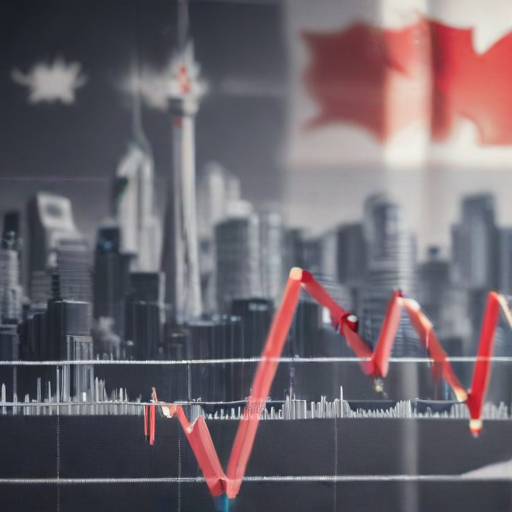Justin Trudeau’s declining approval ratings have led to rampant speculation regarding his political future, with whispers of him stepping down from his position as Prime Minister. After nearly a decade in office, Trudeau’s leadership is currently facing significant scrutiny, particularly following the Liberal Party’s disappointing loss in a Toronto by-election to the Conservative Party of Canada.
Recent polling shows only 22% of Canadians approve of Trudeau’s governance, marking the lowest approval rating since he assumed office in 2015. In stark contrast, Conservative leader Pierre Poilievre enjoys a considerable lead, with polls indicating he is nearly 24 points ahead of Trudeau. This growing gap raises concerns about the Liberals’ prospects in the upcoming federal elections, which must occur by October 2024.
Adding to the turmoil within Trudeau’s administration was the resignation of Deputy Prime Minister Chrystia Freeland, a move that has intensified calls for a leadership change from within the Liberal Party. New Brunswick MP Wayne Long candidly remarked on the situation, stating, “He’s delusional if he thinks we can continue like this,” reflecting a sentiment shared by some party members who are concerned about the party’s direction.
Despite the current challenges, the evolving political landscape could present an opportunity for renewal within the Liberal Party. A change in leadership might invigorate party support and re-engage voters, setting the stage for fresh ideas and perspectives leading into the next electoral cycle.
Overall, while Trudeau’s situation appears precarious, it serves as a pivotal moment for Canada’s political discourse, inviting reflection and potential rejuvenation for the Liberal Party going forward.
